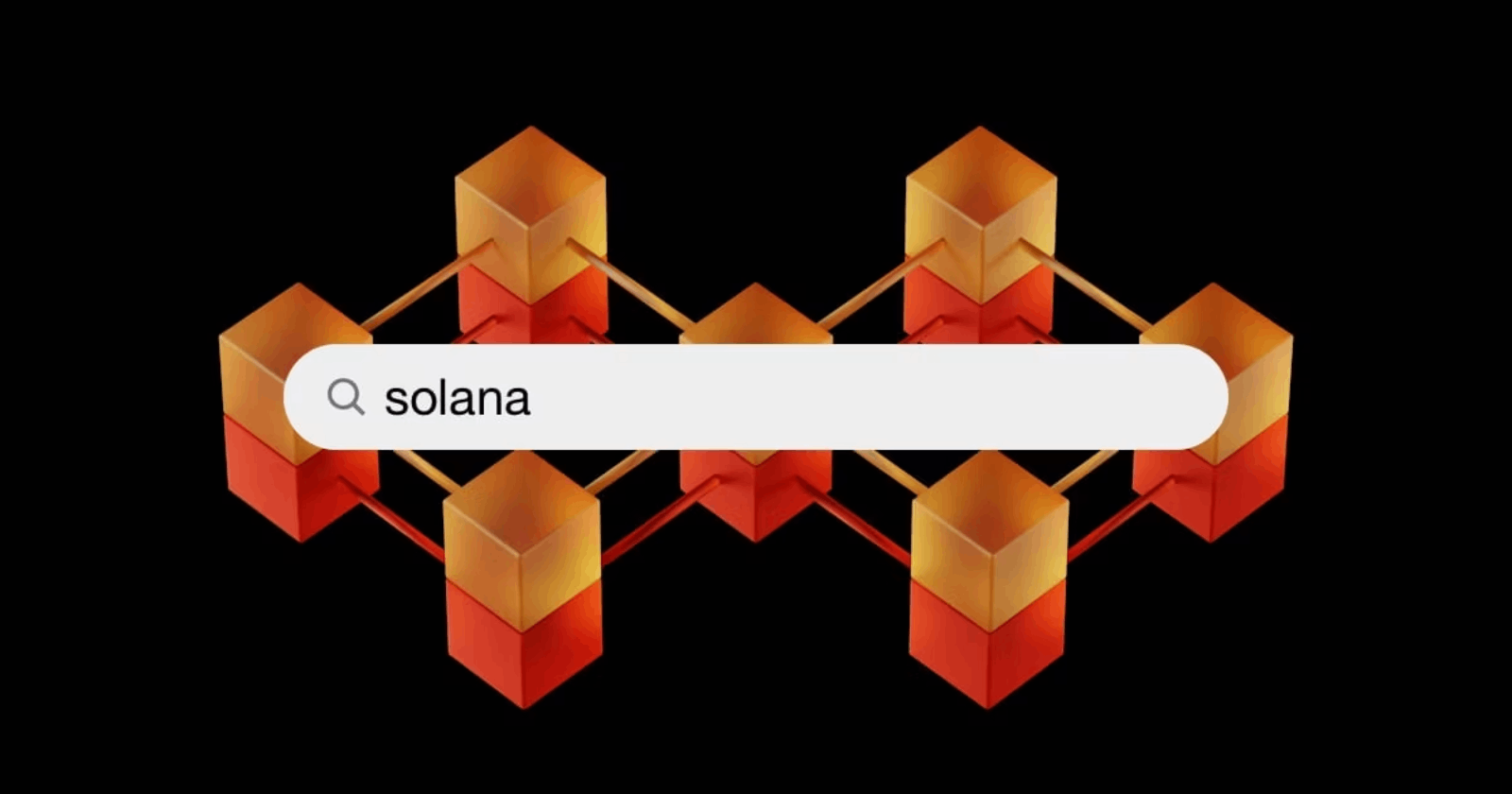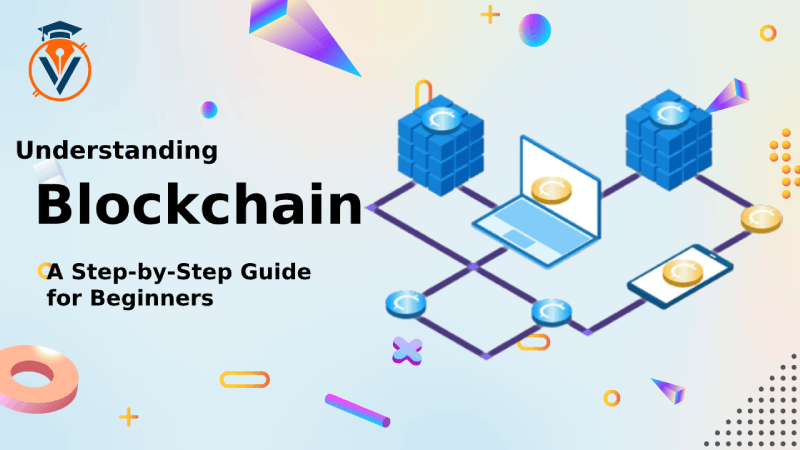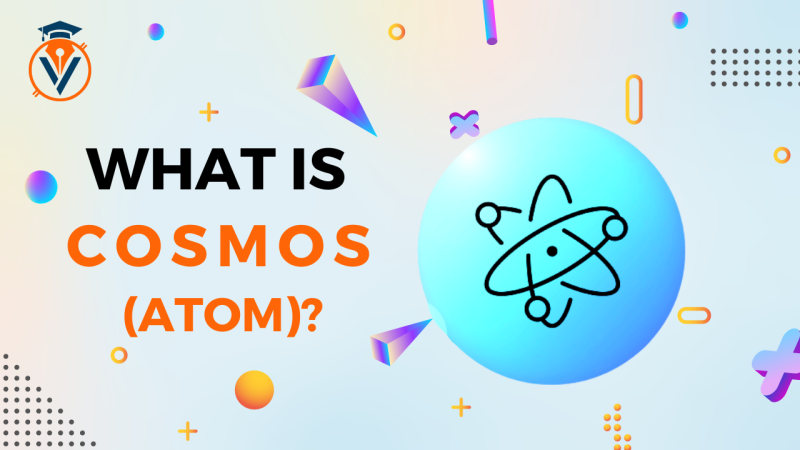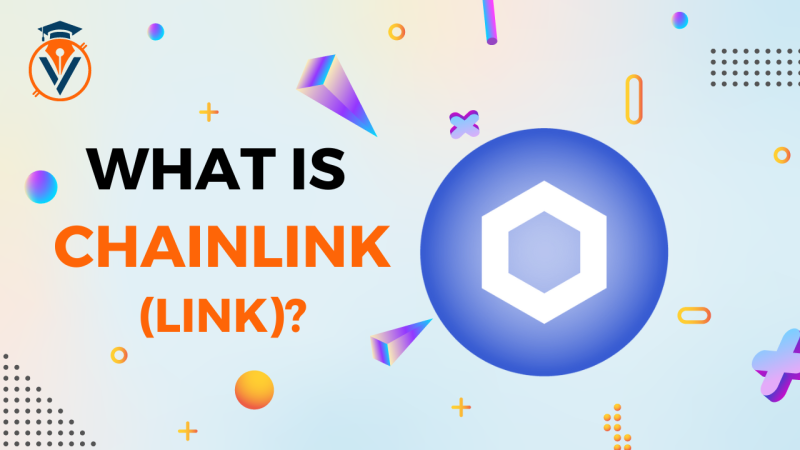In this article, I will take you on a deep dive into the features and benefits of Solana Blockchain, giving you a comprehensive understanding of its capabilities and why it stands out in the crowded blockchain space.
Understanding the Basics of Blockchain Technology
Before delving into the details of Solana Blockchain, let's first grasp the fundamentals of blockchain technology. In simple terms, a blockchain is a decentralized, transparent, and immutable ledger that records transactions across multiple computers. Each transaction, known as a block, is linked to the previous one through cryptographic hashes, forming a chain of blocks.
Blockchain technology ensures security, transparency, and trust by removing the need for intermediaries and central authorities. It is designed to be resistant to tampering and fraud, making it ideal for applications such as financial transactions, supply chain management, and decentralized applications (dApps).
What Sets Solana Blockchain Apart
Solana Blockchain sets itself apart from other blockchain platforms through its impressive scalability and speed. While most blockchain networks struggle with slow transaction processing times and high fees, Solana aims to solve these issues by leveraging cutting-edge technology.
Solana utilizes a unique combination of proof-of-history (PoH) and proof-of-stake (PoS) consensus mechanisms, allowing it to achieve blazing-fast transaction speeds of up to 65,000 transactions per second (TPS). This makes Solana one of the fastest blockchain networks in existence, enabling real-time applications and high-frequency trading.

Key Features of Solana Blockchain
Solana Blockchain boasts several key features that make it a compelling choice for developers and businesses alike. One of its standout features is its low transaction fees, which are significantly lower compared to other popular blockchain platforms. This makes Solana an attractive option for applications that require frequent and inexpensive transactions.
Another notable feature of Solana is its robust smart contract functionality. Solana supports the Solana programming language, which is specifically designed for developing smart contracts on the platform. This language provides developers with a familiar and efficient coding experience, making it easier to create complex decentralized applications.
The Coding Language of Solana Blockchain
Solana Blockchain employs a unique coding language known as Rust. Rust is a powerful, statically-typed programming language that focuses on safety, concurrency, and performance. It offers a wide range of features and libraries that enable developers to build efficient and secure applications on the Solana network.
The use of Rust in Solana Blockchain ensures that developers can write high-quality code that is resistant to vulnerabilities and exploits. Rust's strict compile-time checks and memory safety features make it an excellent choice for building decentralized applications that require optimal performance and security.
The Architecture of Solana Blockchain
To understand the inner workings of Solana Blockchain, let's take a closer look at its architecture. Solana employs a unique approach called the Tower BFT (Byzantine Fault Tolerance) consensus algorithm. This algorithm combines elements of both PoH and PoS to achieve fast and secure transaction processing.
At the core of Solana's architecture is the Solana Runtime, which is responsible for executing transactions and smart contracts. The Solana Runtime is built on a decentralized network of nodes called validators, which collectively maintain the blockchain's integrity and consensus.
Solana's Consensus Mechanism
Solana's consensus mechanism is a crucial component of its architecture, ensuring the network's security and reliability. As mentioned earlier, Solana combines PoH and PoS to achieve consensus. PoH provides a verifiable and time-stamped history of events, while PoS ensures that validators reach agreement on the order of transactions.
This unique consensus mechanism allows Solana to achieve fast finality, meaning that transactions are confirmed quickly and are resistant to reorganization or rollback. It also ensures that the network remains secure against malicious actors and maintains consensus even in the presence of Byzantine faults.
Use Cases and Applications of Solana Blockchain
Solana Blockchain has a wide range of use cases and applications across various industries. Its high scalability and speed make it suitable for applications that require real-time transaction processing, such as decentralized exchanges, high-frequency trading, and gaming platforms.
Additionally, Solana's low transaction fees and smart contract capabilities make it an ideal choice for decentralized finance (DeFi) applications, where efficiency and cost-effectiveness are crucial. Solana also has potential applications in supply chain management, identity verification, and data storage, thanks to its secure and transparent nature.
Benefits of Using Solana Blockchain
Using Solana Blockchain offers several benefits to developers, businesses, and end-users. Its fast transaction processing speeds and low fees enable seamless user experiences, making it ideal for high-performance applications. Solana's scalability ensures that the network can handle increasing transaction volumes without compromising on performance.
Furthermore, Solana's robust smart contract functionality allows developers to create complex decentralized applications with ease. The use of Rust as the coding language ensures that applications are secure and performant, reducing the risk of vulnerabilities and exploits.
Comparison with Other Blockchain Platforms
When comparing Solana with other blockchain platforms, its scalability and speed are its standout features. While platforms like Ethereum and Bitcoin struggle with high fees and slow transaction processing times, Solana offers a viable alternative with its lightning-fast speeds and low costs.
However, it's important to note that Solana is still a relatively new platform compared to established players like Ethereum. While it has gained significant traction and popularity, it is essential to consider the maturity and ecosystem of a blockchain platform before choosing the most suitable one for your specific use case.
Challenges and Limitations of Solana Blockchain
While Solana Blockchain offers impressive features and benefits, it also faces certain challenges and limitations. One of the primary challenges is network decentralization. As of now, Solana relies on a limited number of validators to maintain consensus, which may raise concerns about centralization and potential vulnerabilities.
Additionally, Solana's unique architecture and consensus mechanism may require developers to learn new concepts and tools. This learning curve might pose a challenge for those accustomed to working with more established blockchain platforms with larger developer communities and resources.
Future Developments and Roadmap for Solana
Solana has an ambitious roadmap for the future, aiming to further enhance its capabilities and grow its ecosystem. The team behind Solana is actively working on improving network decentralization by expanding the number of validators and ensuring a fair and secure distribution of tokens.
Furthermore, Solana plans to introduce cross-chain interoperability, allowing seamless communication between different blockchain networks. This would open up new possibilities for collaboration and integration with other decentralized platforms, further expanding Solana's reach and potential applications.
Getting Started with Solana Blockchain
If you're interested in exploring Solana Blockchain and its capabilities, getting started is relatively straightforward. The first step is to familiarize yourself with the Solana documentation, which provides comprehensive guides and tutorials for developers.
Additionally, you can join the Solana community, which includes developers, enthusiasts, and businesses actively working with the platform. Engaging with the community can provide valuable insights, assistance, and networking opportunities.
Conclusion
Solana Blockchain offers a powerful and innovative solution to the challenges faced by traditional blockchain platforms. Its scalability, speed, low fees, and robust smart contract functionality make it an attractive choice for developers and businesses looking to build high-performance decentralized applications.
While Solana is still relatively new compared to established players like Ethereum, its impressive features and active development roadmap position it as a strong contender in the blockchain space. As the world continues to embrace the potential of blockchain technology, Solana Blockchain is undoubtedly a platform worth exploring and considering for your next project.


